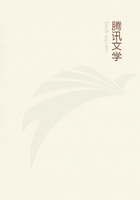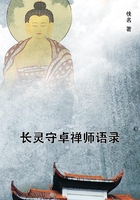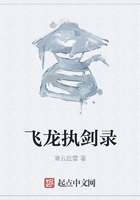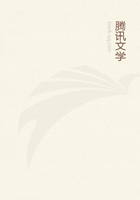But the very considerations which lead us to look forward with sanguine hope to the future prevent us from looking back with contempt on the past We do not flatter ourselves with the notion that we have attained perfection, and that no more truth remains to be found. We believe that we are wiser than our ancestors. We believe, also, that our posterity will be wiser than we. It would be gross injustice in our grandchildren to talk of us with contempt, merely because they may have surpassed us; to call Watt a fool, because mechanical powers may he discovered which may supersede the use of steam; to deride the efforts which have been made in our time to improve the discipline of prisons, and to enlighten the minds of the poor, because future philanthropists may devise better places of confinement than Mr. Bentham's Panopticon, and better places of education than Mr. Lancaster's Schools. As we would have our descendants judge us, so ought we to judge our fathers. In order to form a correct estimate of their merits, we ought to place ourselves in their situation, to put out of our minds, for a time, all that knowledge which they, however eager in the pursuit of truth, could not have, and which we, however negligent we may have been, could not help having. It was not merely difficult, but absolutely impossible, for the best and greatest of men, two hundred years ago, to be what a very commonplace person in our days may easily be, and indeed must necessarily be. But it is too much that the benefactors of mankind, after having been reviled by the dunces of their own generation for going too far, should be reviled by the dunces of the next generation for not going far enough.
The truth lies between two absurd extremes. On one side is the bigot who pleads the wisdom of our ancestors as a reason for not doing what they in our place would be the first to do; who opposes the Reform Bill because Lord Somers did not see the necessity of Parliamentary Reform; who would have opposed the Revolution because Ridley and Cranmer professed boundless submission to the royal prerogative; and who would have opposed the Reformation because the Fitzwalters and Mareschals, whose seals are set to the Great Charter, were devoted adherents to the Church of Rome. On the other side is the sciolist who speaks with scorn of the Great Charter because it did not reform the Church of the Reformation, because it did not limit the prerogative; and of the Revolution, because it did not purify the House of Commons. The former of these errors we have often combated, and shall always be ready to combat. The latter, though rapidly spreading, has not, we think, yet come under our notice.
The former error bears directly on practical questions, and obstructs useful reforms. It may, therefore, seem to be, and probably is, the more mischievous of the two. But the latter is equally absurd; it is at least equally symptomatic of a shallow understanding and an unamiable temper: and, if it should ever become general, it will, we are satisfied, produce very prejudicial effects. Its tendency is to deprive the benefactors of mankind of their honest fame, and to put the best and the worst men of past times on the same level. The author of a great reformation is almost always unpopular in his own age. He generally passes his life in disquiet and danger. It is therefore for the interest of the human race that the memory of such men should be had in reverence, and that they should be supported against the scorn and hatred of their contemporaries by the hope of leaving a great and imperishable name. To go on the forlorn hope of truth is a service of peril. Who will undertake it, if it be not also a service of honour? It is easy enough, after the ramparts are carried, to find men to plant the flag on the highest tower. The difficulty is to find men who are ready to go first into the breach; and it would be bad policy indeed to insult their remains because they fell in the breach, and did not live to penetrate to the citadel.
Now here we have a book which is by no means a favourable specimen of the English literature of the nineteenth century, a book indicating neither extensive knowledge nor great powers of reasoning. And, if we were to judge by the pity with which the writer speaks of the great statesmen and philosophers of a former age, we should guess that he was the author of the most original and important inventions in political science. Yet not so: for men who are able to make discoveries are generally disposed to make allowances. Men who are eagerly pressing forward in pursuit of truth are grateful to every one who has cleared an inch of the way for them. It is, for the most part, the man who has just capacity enough to pick up and repeat the commonplaces which are fashionable in his own time who looks with disdain on the very intellects to which it is owing that those commonplaces are not still considered as startling paradoxes or damnable heresies.
This writer is just the man who, if he had lived in the seventeenth century, would have devoutly believed that the Papists burned London, who would have swallowed the whole of Oates's story about the forty thousand soldiers, disguised as pilgrims, who were to meet in Gallicia, and sail thence to invade England, who would have carried a Protestant flail under his coat, and who would have been angry if the story of the warming-pan had been questioned. It is quite natural that such a man should speak with contempt of the great reformers of that time, because they did not know some things which he never would have known but for the salutary effects of their exertions. The men to whom we owe it that we have a House of Commons are sneered at because they did not suffer the debates of the House to be published. The authors of the Toleration Act are treated as bigots, because they did not go the whole length of Catholic Emancipation. Just so we have heard a baby, mounted on the shoulders of its father, cry out, "How much taller I am than Papa!"


